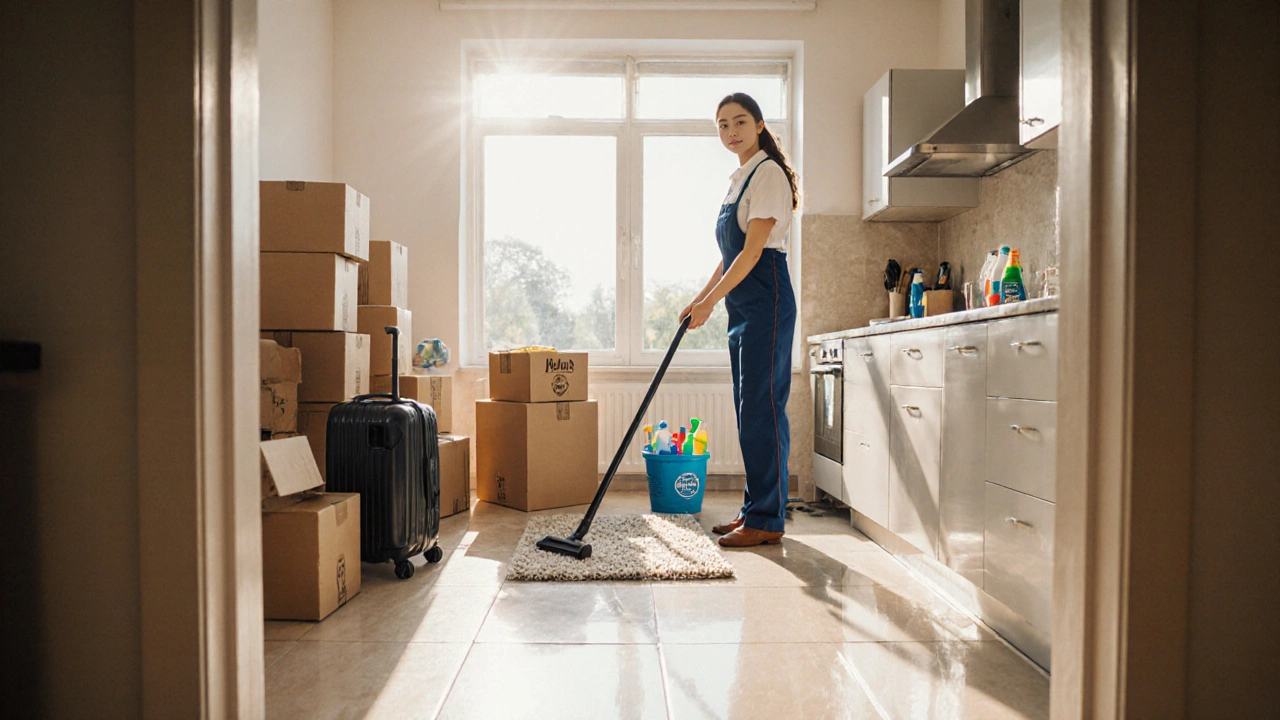Write Off Cleaning Services: How to Claim and What Counts
When dealing with write off cleaning services, the practice of treating cleaning costs as a deductible business expense for tax purposes. Also known as cleaning expense deduction, it helps businesses lower their taxable profit while keeping premises spotless.
At the core of any deduction is a tax deduction, an amount subtracted from taxable income to reduce the overall tax bill. In the UK, the rules are set out by HMRC guidelines, the official standards that define what business expenses are allowable. These guidelines state that cleaning services qualify when they are "wholly and exclusively" for the trade, meaning the cleaning must be directly linked to the business operation, not personal use. For example, a retail shop’s daily floor clean is a valid write‑off, while a homeowner’s weekend deep clean is not.
Key Factors to Consider
Understanding the eligibility of professional cleaning, services provided by a licensed cleaning company using appropriate equipment and products makes the whole process smoother. First, check whether the service is contracted specifically for your business premises. Second, keep detailed invoices that show the date, service description, and amount paid. Third, differentiate between routine maintenance (e.g., weekly office cleaning) and one‑off projects (e.g., post‑renovation deep cleaning); both can be deductible if they serve a business purpose.
Another crucial element is record‑keeping. HMRC expects you to retain receipts for at least six years, and the records should include the vendor’s name, the scope of work, and proof of payment. Using accounting software that tags expenses as “Cleaning” simplifies the audit trail. If you’re unsure whether a particular job qualifies, treat it as a test case: log the expense, note the business reason, and consult a tax adviser before filing.
Many businesses wonder how far the deduction can stretch. The answer is that the full cost of eligible cleaning services can be written off, reducing your profit before tax. However, if you claim a cleaning service that also benefits a personal area—like a shared kitchen used by staff and visitors—you must apportion the cost. A common method is splitting the invoice based on square footage dedicated to business use versus personal use.
Beyond the tax side, there are practical benefits. Regular professional cleaning improves air quality, reduces sick days, and projects a polished image to clients. When you combine tax efficiency with workplace health, the return on investment becomes clear. This synergy explains why many UK firms include cleaning in their annual expense budgets.
Ready to start saving? Below you’ll find articles that dive into the specifics: from choosing the right pre‑wash sprays for pressure washing to understanding how eco‑friendly pesticides fit into a greener cleaning strategy. Each piece connects back to the core idea of making your cleaning spend work harder for you.
Explore the range of tips, tools, and best practices that will help you maximise your write off cleaning services claim while keeping your space immaculate. The collection ahead covers everything from price guides for window cleaning to step‑by‑step guides for deep‑cleaning upholstery, ensuring you have the knowledge to turn every clean into a smart financial move.

Can You Write Off a Cleaning Lady? Tax Guide for End‑of‑Tenancy Cleaning
Learn when and how you can claim a cleaning lady's fee as a tax‑deductible expense for end‑of‑tenancy cleaning, with step‑by‑step instructions and real‑world examples.
Read More